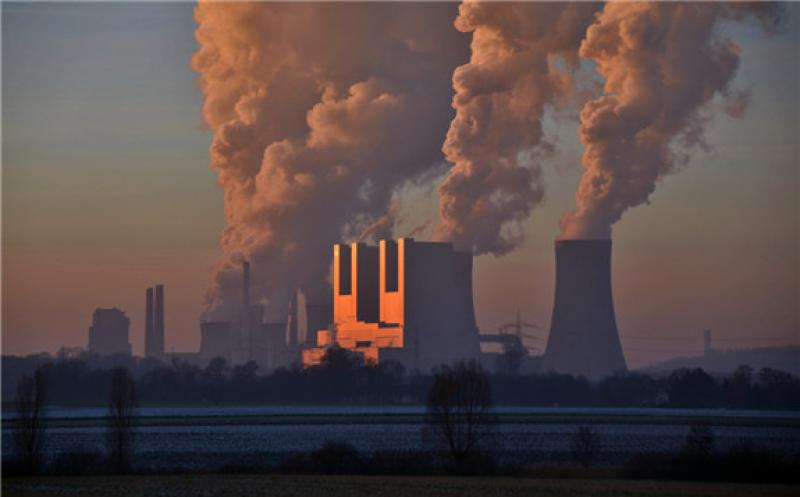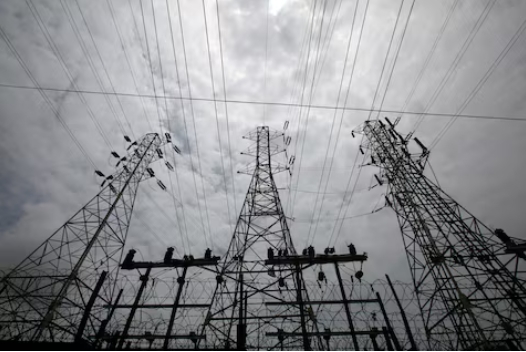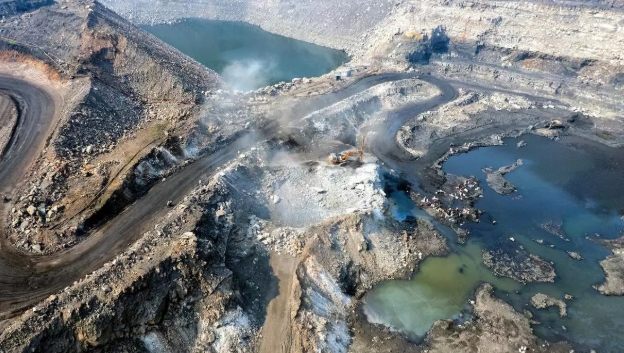 RWE lignite power plant Neurath, Germany's single largest source of carbon emissions. Photo: Rolf Cosar / wiki
RWE lignite power plant Neurath, Germany's single largest source of carbon emissions. Photo: Rolf Cosar / wiki
Preview 2020: The fate of coal-fired power production in Germany has been sealed with the agreement of a government-appointed commission to phase-out the fossil fuel no later than 2038. But the proposal so far has not been translated into concrete legislation or a decommissioning roadmap and negotiations are set to drag on well into 2020 - and even include the possible opening of a new coal plant. However, the second consecutive year of rapidly declining coal use in the country's energy mix suggest that the coal exit might happen quicker than many expected after all.
The agreement by Germany's coal exit commission on a phaseout of the fossil power source was one of the first major energy and climate policy developments in the country in 2019. The government-appointed commission decided that coal-fired power production should end by 2038 at the latest, a proposal the government said it would enshrine law in the context of its emissions reduction efforts by the end of the same year. Concrete legislation, however, has been delayed until the beginning of 2020, according to the economy ministry (BMWi), which attributed the adjournment to the law’s complexity and need for further coordination among ministries regarding individual provisions. Due to the persisting difficulties in implementing the proposal, a coalition of business associations, trade unions, institutes and NGOs warned in December that the "societal consensus" reached by the coal exit commission was under threat and urged chancellor Angela Merkel to ensure that the proposal be adopted in its entirety.
"One year after the initial deadline for the outcomes of the coal commission, the government is still failing to translate the coal phaseout and just transition plan into legislation," Alexander Reitzenstein of NGO E3G told Clean Energy Wire. A lack of clarity about its coal phaseout plan and its regulatory framework for the expansion of renewables means that Germany "risks falling further behind in an EU that is moving towards climate neutrality by 2050", he said. Germany's climate policy is poised to receive special scrutiny on the international stage in 2020, since the country will be presiding over the EU Council in the second half of the year and also has announced its commitment to a robust continuation of the Paris Agreement at COP26 in Glasgow at the end of the year. Reitzenstein called the protracted negotiations a "major burden" on the phaseout and stressed that other countries in Europe, like the Netherlands, Spain, Portugal and Greece, have proven that faster transition processes are possible.
While agreement on structural economic assistance for former coal mining regions was reached after a few months, legislation for the phaseout roadmap of coal power plants and possible compensation payments for operators turned out to be much more difficult to pass. The commission had recommended that questions of compensation payments for lignite plant operators RWE, EnBW and Czech EPH be settled in "mutual agreements" until mid-2020. If no agreement can be found, the commission proposed the enforcement of plant shutdowns through "regulatory law", which means units would likely go offline without any substantial compensation at all. RWE head Rolf Martin Schmitz said he would expect compensation payments to the tune of 1.2 to 1.5 billion euros for every gigawatt (GW) that is decommissioned, which would amount to roughly 25 billion euros in total for all lignite plants.







